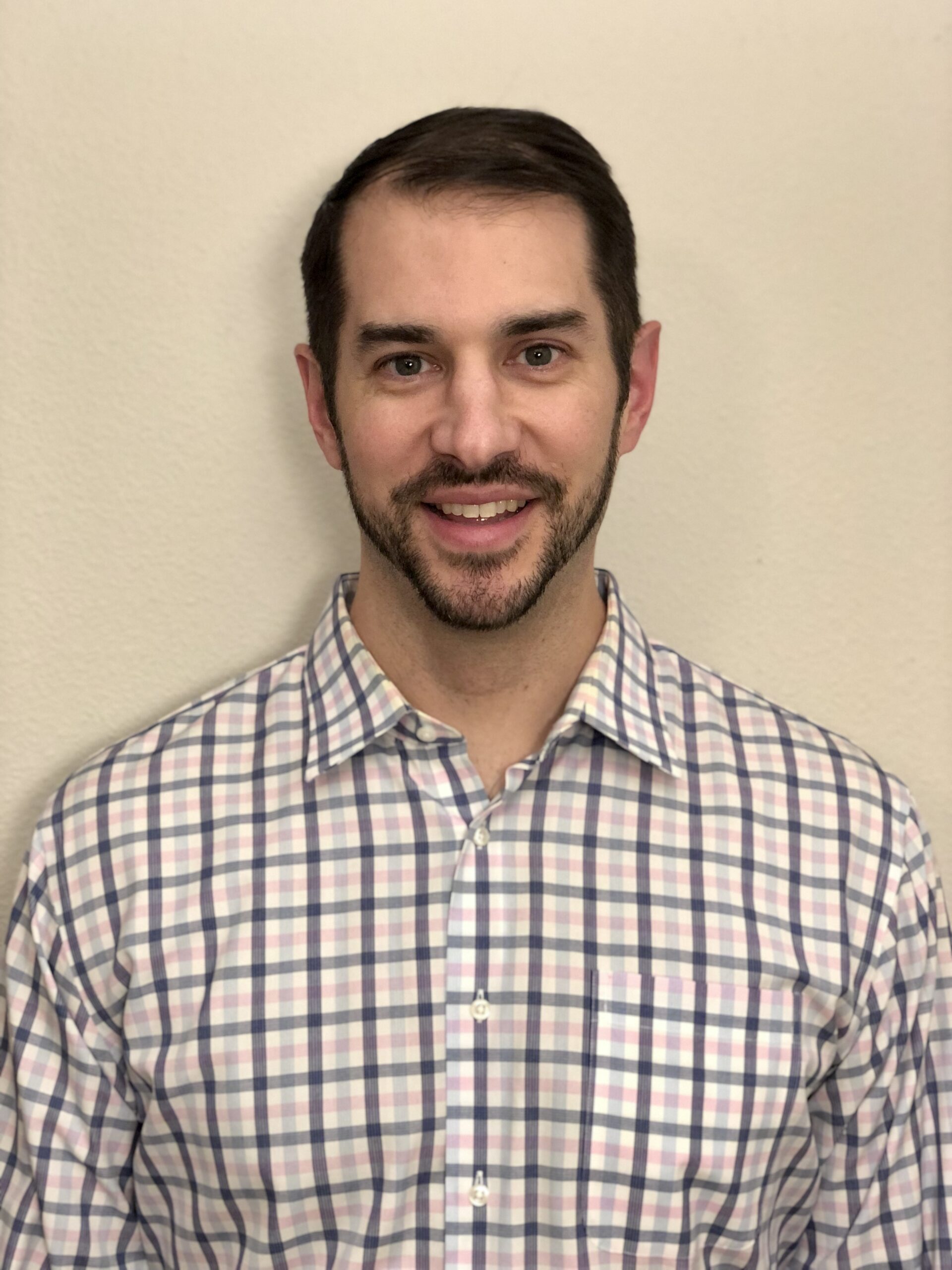17 April 2024
Dr. Geoff Gabler Brings Sports-Related Injury Knowledge to Military Medical Research
Dr. Geoff Gabler, DPT, FAFS, is a highly skilled physical therapist who brings a wealth of expertise to orthopedic and sports-related musculoskeletal injuries. With over ten years of professional experience, Dr. Gabler has treated many patients, including professional, collegiate, and youth athletes. He is passionate about continually learning and evolving clinical practice, and his work in the Photomedicine Research Program in Geneva has allowed him to stay at the forefront of cutting-edge research and technology. In addition to his clinical work, Dr. Gabler is an experienced leader with a proven track record of building solid relationships with multi-disciplinary teams in management and development. He is committed to working collaboratively with colleagues from diverse backgrounds to deliver the best possible outcomes for his patients. His dedication to patient care and commitment to ongoing education make him a highly respected and sought-after practitioner.
We spoke to Dr. Gabler about his experience in radiology and its impact on military medicine.
Describe your role with Geneva and your impact on the program you work on.
I am a Research Physical Therapist and team lead onsite at Madigan Army Medical Center (MAMC). My days vary greatly but usually consist of administering protocol treatments, participant recruitment, coordinating with fellow team members, and collaborating with staff at MAMC. The program I currently work on is bringing cutting-edge technology to our military people, which can make a huge impact on their performance as a soldier and their everyday lives.
What kind of experience do you need to become a Research Physical Therapist?
A strong understanding of clinical practice and evidence-based medicine and experience working collaboratively is essential. I also think that having a growth mindset is an important skill when becoming a Research Physical Therapist. This skill allows for critical thinking when looking at the production and execution of the research protocol.
What is the best part of being a Research Physical Therapist in military medicine?
The best part is realizing our impact, progressing the field of medicine forward with evidence-based practice, and hopefully having a positive impact on our soldiers returning to duty.
What type of treatment modalities are you currently researching?
We currently have several studies examining the impact of Photobiomodulation on musculoskeletal injuries in the military population. In all our studies, we are using low-light lasers as a modality in the treatment of musculoskeletal injuries. Another interesting study is exploring the impact of low-light laser and extracorporeal shockwave treatment in the treatment of Achilles tendinopathy. We are excited to see the outcomes of these studies and how we can support military medicine by returning our soldiers to active duty.
Disclaimer: The views expressed do not reflect the official policy of the Army, the Department of Defense, or the U.S. Government.

The best part is realizing our impact, progressing the field of medicine forward with evidence-based practice, and hopefully having a positive impact on our soldiers returning to duty.
Dr. Geoff Gabler, DPT, FAFS


